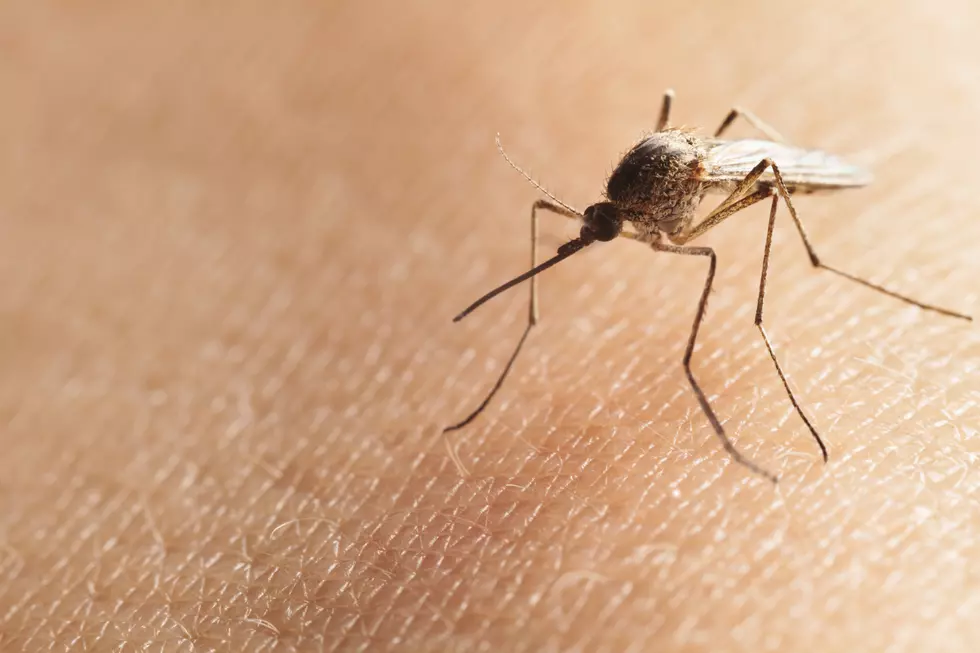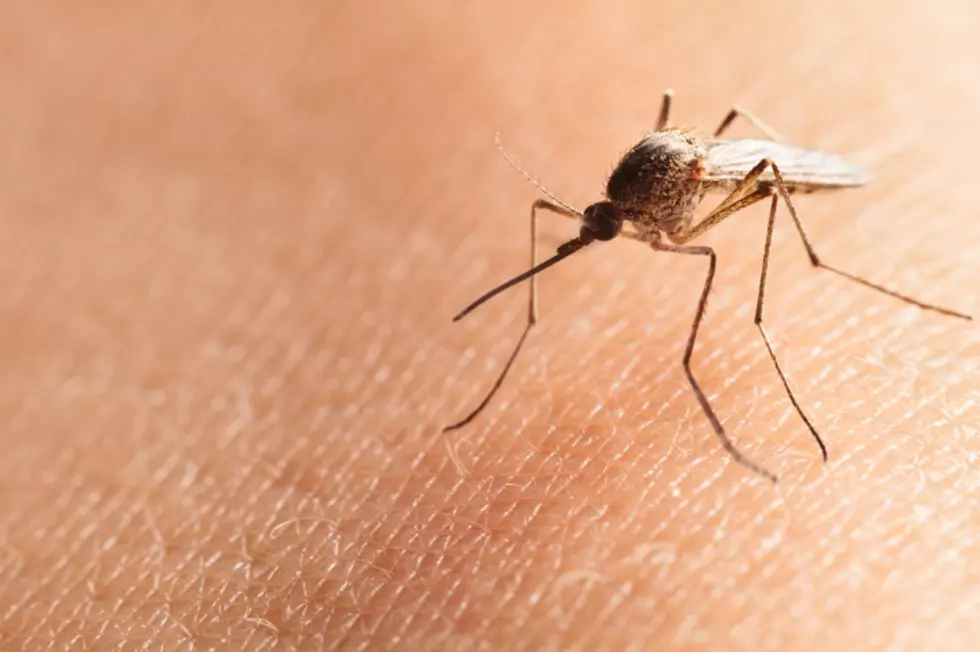
5 Things to Know About West Nile Virus in Colorado
The mosquito season is in full swing, and along with it comes the threat of West Nile Virus, so here are five things to know about West Nile in Colorado.
It's hard to know how many Colorado mosquitoes are infected with West Nile because not all counties and cities test their mosquitoes. That being the case it's best to take precaution any time you're outside anywhere in the state.
- Last year there were 149 cases of West Nile in humans and eight deaths in Colorado. So far in 2017, there has been one reported human case of West Nile Virus.
- Most people who have West Nile don't have any symptoms. About 20% of those infected develop flu-like symptoms.
- You can not "catch" West Nile from another person, although it is possible to transfer the disease via blood transfusion
- There is no vaccine to prevent West Nile
- The time between a mosquito bite and the onset of West Nile symptoms is between two and 14 days
West Nile is typically not fatal, however, some groups are more susceptible to fatal consequences such as the elderly, and people who suffer from things like cancer, diabetes, and hypertension.
The best way to avoid West Nile is to protect yourself from mosquito bites using insect repellent, wearing long sleeves and pants if you are in a high-concentration area of insects, and get rid of standing water around your home. It's a good idea to spray the outside of your clothing with insect repellent as well.
More From 99.9 KEKB - Grand Junction's Favorite Country









